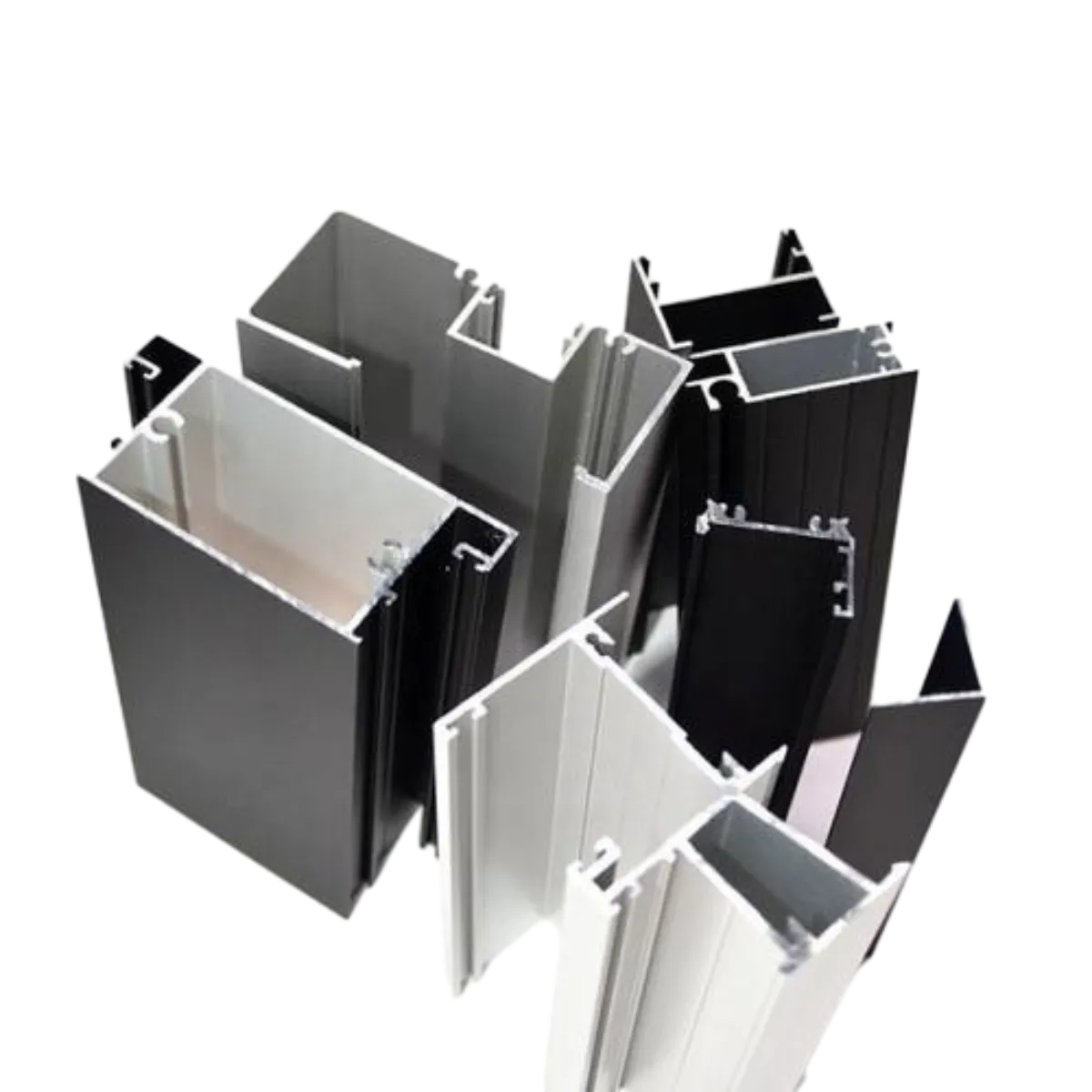wrought iron products
The Enduring Appeal of Wrought Iron Products
Wrought iron, known for its durability and aesthetic appeal, has been a favored material in craftsmanship for centuries. Originating from ancient civilizations, this malleable form of iron has evolved into a versatile medium used in various applications, from construction to decorative art.
Historical Background
Wrought iron dates back to around 3000 BC, with some of the earliest uses found in the Middle East. The process of creating wrought iron involves the manipulation of iron at high temperatures without melting it, leading to a product that is structurally robust yet flexible. This characteristic allowed blacksmiths to forge intricate designs, making wrought iron a popular choice during the Middle Ages for everything from armor to architecture. The material was particularly prized for its ability to endure harsh weather conditions, making it ideal for outdoor use.
Characteristics of Wrought Iron
One of the primary reasons wrought iron remains relevant today is its unique physical properties. Unlike cast iron, which is brittle and prone to cracking, wrought iron is malleable and ductile, allowing it to be shaped into elaborate forms without breaking. The material has a naturally high resistance to corrosion, especially when treated properly, providing longevity to wrought iron products. This resilience means that wrought iron is not only used in decorative items but also in functional structures, such as gates, railings, and even furniture.
Contemporary Applications
In modern times, wrought iron products continue to be popular due to their timeless appeal and versatility. Homeowners often choose wrought iron for fencing and gates, as these structures combine security with elegance. The intricate designs available can complement various architectural styles, from traditional to contemporary. Moreover, wrought iron railings are a common feature in both residential and commercial buildings, providing safety while enhancing visual interest.
wrought iron products

The beauty of wrought iron also extends into the realm of interior design. Wrought iron furniture, such as tables, chairs, and beds, adds a touch of sophistication to any space. Designers often pair wrought iron with other materials, like wood or glass, to create unique and stylish pieces that can serve as focal points in a room.
Artisan Craftsmanship
The craftsmanship involved in creating wrought iron products is another reason for their lasting popularity. Skilled artisans continue to handcraft items using traditional techniques, ensuring that each piece is unique. This dedication to quality and artistry resonates with consumers looking for distinctive products that reflect their personal style.
Custom wrought iron work allows homeowners to tailor designs to their specific needs, making it possible to create one-of-a-kind pieces that perfectly fit any space. The ability to incorporate personal touches into wrought iron products enhances their appeal and guarantees that no two pieces are exactly the same.
Environmental Considerations
In a world increasingly concerned with sustainability, wrought iron stands out as an environmentally friendly choice. Its durability ensures that wrought iron products have a long lifespan, which reduces the need for frequent replacements and minimizes waste. Additionally, wrought iron can be recycled, further contributing to its sustainability profile.
Conclusion
Wrought iron products embody a blend of functionality, beauty, and durability. Their rich history, unique characteristics, and versatility make them an enduring choice for both outdoor and indoor applications. As artisans continue to innovate and create stunning pieces, the allure of wrought iron remains strong, ensuring its place in contemporary design and craftsmanship. Whether through ornamental gates, elegant railings, or custom furniture, wrought iron continues to captivate and inspire, proving that some materials truly stand the test of time.
-
Wrought Iron Components: Timeless Elegance and Structural StrengthNewsJul.28,2025
-
Window Hardware Essentials: Rollers, Handles, and Locking SolutionsNewsJul.28,2025
-
Small Agricultural Processing Machines: Corn Threshers, Cassava Chippers, Grain Peelers & Chaff CuttersNewsJul.28,2025
-
Sliding Rollers: Smooth, Silent, and Built to LastNewsJul.28,2025
-
Cast Iron Stoves: Timeless Heating with Modern EfficiencyNewsJul.28,2025
-
Cast Iron Pipe and Fitting: Durable, Fire-Resistant Solutions for Plumbing and DrainageNewsJul.28,2025
-
 Wrought Iron Components: Timeless Elegance and Structural StrengthJul-28-2025Wrought Iron Components: Timeless Elegance and Structural Strength
Wrought Iron Components: Timeless Elegance and Structural StrengthJul-28-2025Wrought Iron Components: Timeless Elegance and Structural Strength -
 Window Hardware Essentials: Rollers, Handles, and Locking SolutionsJul-28-2025Window Hardware Essentials: Rollers, Handles, and Locking Solutions
Window Hardware Essentials: Rollers, Handles, and Locking SolutionsJul-28-2025Window Hardware Essentials: Rollers, Handles, and Locking Solutions -
 Small Agricultural Processing Machines: Corn Threshers, Cassava Chippers, Grain Peelers & Chaff CuttersJul-28-2025Small Agricultural Processing Machines: Corn Threshers, Cassava Chippers, Grain Peelers & Chaff Cutters
Small Agricultural Processing Machines: Corn Threshers, Cassava Chippers, Grain Peelers & Chaff CuttersJul-28-2025Small Agricultural Processing Machines: Corn Threshers, Cassava Chippers, Grain Peelers & Chaff Cutters












